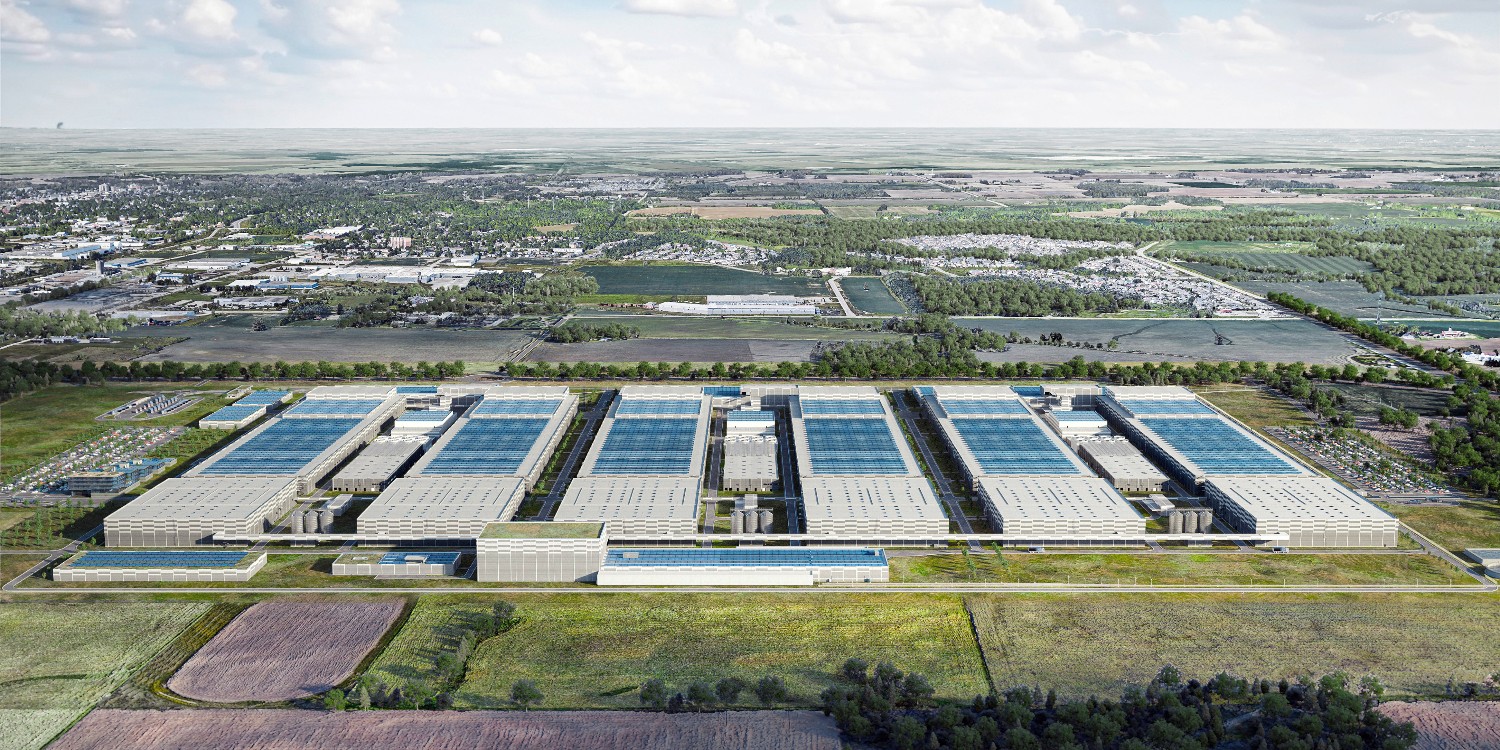
In the wave of global energy transformation, the battery industry has become a key area of competition among countries. Recently, a major decision of the Spanish Ministry of Industry has attracted wide attention - it will increase the subsidy for the battery factory built by PowerCo, a battery company owned by Volkswagen, in Sagunte, near Valencia, from the original plan of 98 million euros to 152 million euros. This initiative has undoubtedly injected new vitality into the development of the European battery industry.
With the increasing global attention to environmental protection and the urgent need for sustainable transportation, the electric vehicle market is showing an explosive growth trend. As the core component of electric vehicles, the capacity and technical level of batteries directly determine the development speed of the electric vehicle industry. Volkswagen, as a world-renowned automaker, has long understood this trend and actively laid out the battery industry. The establishment of PowerCo is an important strategic move taken by Volkswagen to ensure its competitiveness in the field of electric vehicles.
The location of the battery plant in Sagunte, near Valencia, is of strategic importance. The Valencia region has a good industrial base and convenient transportation conditions, which can provide strong support for the construction and operation of battery factories. In addition, the region's rich labor resources and sufficient reserves of technical talents also provide a guarantee for the development of the factory.
The Spanish Ministry of Industry's decision to add subsidies to the battery factory has multiple considerations behind it. First, the move helps attract more investment and promote the development of the local economy. The construction of the battery factory will drive the development of related industries, create a large number of jobs and bring significant economic benefits to the Valencia region. Secondly, the increase in subsidies also reflects the Spanish government's firm determination to the energy transition. By supporting the development of the battery industry, Spain can reduce its dependence on traditional fossil fuels, reduce carbon emissions and achieve sustainable development goals.
For Volkswagen, the Spanish Ministry of industry's additional subsidies are undoubtedly a major benefit. This will provide more adequate financial support for the construction of battery factories, accelerate the construction progress of factories, and increase the scale of production capacity. The plant is expected to have an annual production capacity of 40GWh, which will provide a strong guarantee for Volkswagen to compete in the global electric vehicle market. At the same time, the construction of the plant will also promote Volkswagen's investment in battery technology research and development, improve battery performance and safety, reduce costs, and provide consumers with better quality electric vehicle products.
From the perspective of Europe as a whole, Spain's additional subsidies for the Volkswagen battery factory also has an important demonstration role. In the context of fierce competition in the global battery industry, countries are actively introducing policies to increase support for the battery industry. This move by Spain will attract more European countries to pay attention to the development of the battery industry, and promote greater breakthroughs in Europe in battery technology innovation, production capacity improvement and industrial chain improvement.
However, the development of the battery industry also faces some challenges. On the one hand, the continuous progress of battery technology requires a lot of research and development investment and talent support. At present, the energy density, mileage, charging speed and other aspects of the battery still need to be improved, while the safety and reliability of the battery also need to be further strengthened. On the other hand, the development of the battery industry also needs to solve the supply of raw materials, waste battery recycling and other problems. With the rapid growth of the electric vehicle market, the demand for battery raw materials will also increase significantly, and how to ensure a stable supply of raw materials has become an important issue.
To face these challenges, governments, businesses and all sectors of society need to work together. The government can introduce more active policies, increase research and development investment in the battery industry and personnel training, and establish a sound raw material supply and waste battery recycling system. Enterprises should strengthen technological innovation, improve product quality and performance, reduce costs, and enhance market competitiveness.
In short, the Spanish Ministry of Industry's additional subsidies to Volkswagen's battery factories have brought new opportunities for the development of the European battery industry. In the context of the global energy transition, the battery industry will become one of the important pillars of future economic development. It is believed that with the joint efforts of the government, enterprises and all sectors of society, the European battery industry will usher in a more brilliant tomorrow.

Recently, a series of corporate borrower fraud cases have been exposed on Wall Street, implicating institutions such as Jefferies, First Brands, Zions Bank, and Western Union Bank, with massive loan losses triggering market panic.
Recently, a series of corporate borrower fraud cases have b…
According to a report citing the Messenger Post of Papua Ne…
In the latest meeting minutes released by the Bank of Japan…
November 4th witnessed a "day of terror" in the cryptocurre…
On October 26th local time, Tesla's CEO Elon Musk announced…
When the US National Nuclear Security Agency fell into an "…